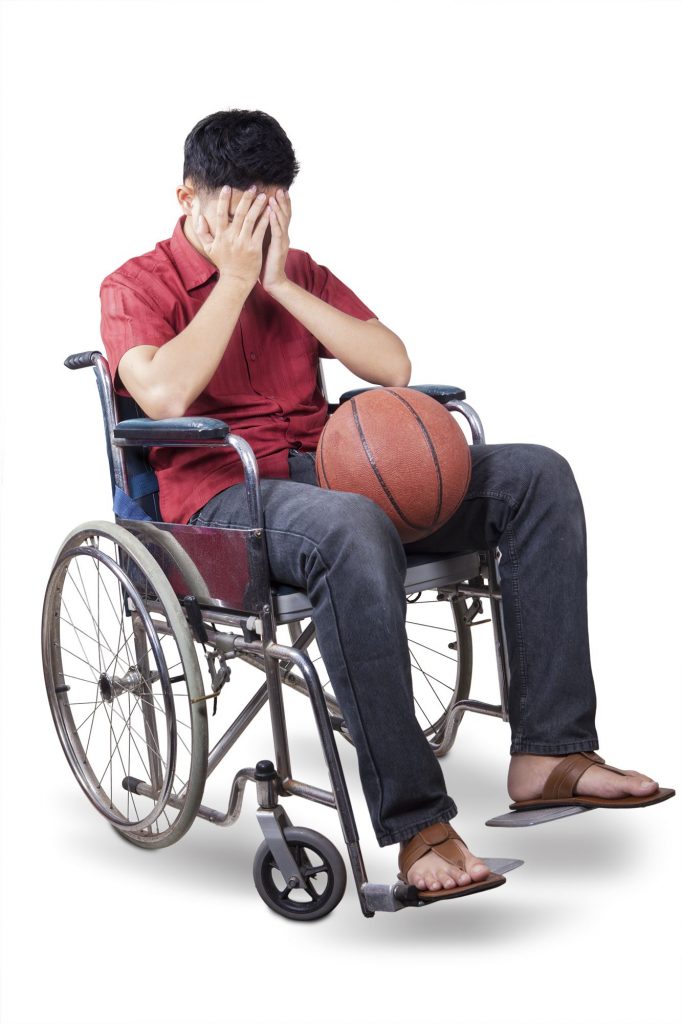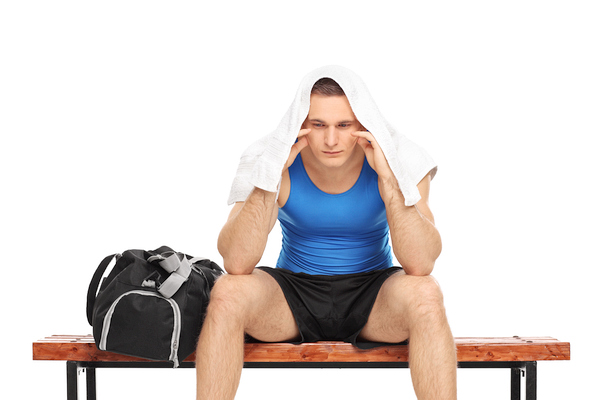
By Gena Pitts
The alarm bells have been ringing since athletes from nearly all sports leagues are revealing their struggles with mental illness.
In the NBA, Cleveland Cavaliers’ forward, Kevin Love, revealed that he suffered a panic attack in a game against the Atlanta Hawks, and described how he felt.
“I was having trouble catching my breath,” Love wrote in a recent article.
“It’s hard to describe, but everything was spinning like my brain was trying to climb out of my head. The air felt thick and heavy. My mouth was like chalk. I remember our assistant coach yelling something about a defensive set. I nodded, but I didn’t hear much of what he said. By that point, I was freaking out. When I got up to walk out of the huddle, I knew I couldn’t reenter the game – like, literally couldn’t do it physically,” Kevin said.
Love said he has since started seeing a therapist and was afraid to reveal his story out of fear of being seen as “weak or weird or somehow less reliable as a team-mate.”
The 29-year-old, who won the NBA title with the Cavs in 2016, said he had been inspired to talk about the panic attack after the Toronto Raptors’ DeMar DeRozan discussed his struggles with depression last week.
Raptors guard DeMar DeRozan opened up about his struggles with depression in an interview with The Toronto Star. “It’s one of them things that no matter how indestructible we look like we are, we’re all human at the end of the day,” DeRozan told The Star. “We all got feelings…all of that. Sometimes…it gets the best of you, where times everything in the whole world’s on top of you.”
DeRozan tweet came after he sunk into depression during All-Star Weekend, according to The Star. The 28-year-old said he has struggled with “various nights”—nights spent depressed—since he was young.
College athletes are taught to be tough and push through low self-esteem, failure, and depression while performing under intense public scrutiny. Some fans forget athletes are people first and suffer like the rest of us. Meanwhile, their caretakers of athletic trainers and coaches, are not properly trained to help athletes with mental health issues.
Dr. Brian Hainline, the Chief Medical Officer of the National Collegiate Athletic Association, has declared mental health as the No. 1 health and safety concern in the NCAA. There are more than 200 pages of mental health documents buried deep in the NCAA website (Fox Sports) but hardly many student-athletes are aware of any tangible NCAA resources.
The lack has not gone unnoticed.
No longer willing to stand on the sidelines and watch their peers suffer, the Professional Sports Wives Association is helping to launch the Domestic Wellness League, a non-profit educational organization with licensed therapists and certified specialists on call to provide confidential online therapeutic coaching to help navigate through life’s challenges.
The pair of organizations believe the sports community needs to expand the dialogue on mental health awareness to stamp out the stigma.
For physical illnesses, physicians diagnosed patients with the flu, an infection, or a disease such as cancer without suffering the backlash of scrutiny. So, why isn’t mental illness accepted socially like physical illnesses?
Mental illness is a disease of the brain that can range from mild, moderate or severe and affect mood, thinking, and behaviors such as eating or sleeping habits. For athletes, mental illness can cause confused thinking and affect performance. Only a professional therapist can determine the condition and form of treatment.
Domestic Wellness League’s online resources provide a variety of ways to communicate with a therapist in your office or home in your pajamas…it’s up to you!
The steps to achieve care and wellness mentally, physically, financially, and spiritually now is only a phone call or a swipe away.
Visit our directory of therapists and start your conversation today: Therapist Directory
[maxbutton id=”2″]

